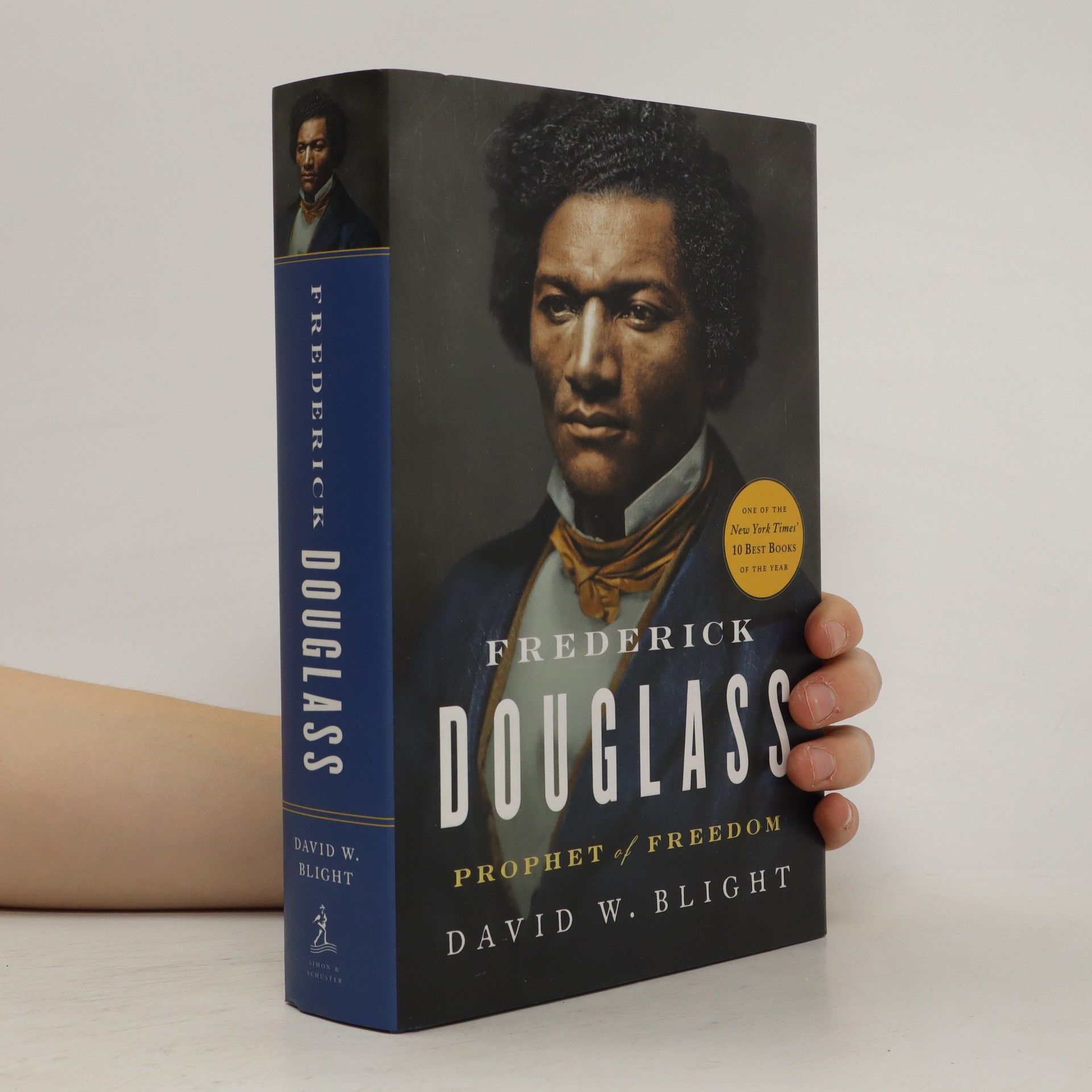A comprehensive look at how slavery and resistance to it have shaped Yale University
Fredrik Logevall Book order (chronological)
Fredrik Logevall is a distinguished historian focusing on U.S. foreign-relations history and modern international history. His work delves into the intricate events and decisions that have shaped global narratives. Logevall's writing is marked by incisive analysis and compelling storytelling, revealing the deeper currents of international politics for his readers. His expertise offers invaluable insight into pivotal moments of the past that continue to resonate.






By the time of his assassination in 1963, John F. Kennedy stood at the helm of the greatest power the world had ever seen. Born in 1917 to a striving Irish American family that had become among Boston's wealthiest, Kennedy knew political ambition from an early age, and his meteoric rise to... číst celé
This volume spans the first thirty-nine years of JFK's life -- from birth through to his decision to run for president -- to reveal his early relationships, his formative and heroic experiences during World War II, his ideas, his bestselling writings, his political aspirations and the role of this father, wartime ambassador to Britain. In examining these pre-White House years, Logevall shows us a more serious, independently minded Kennedy than we've previously known.
America's Cold War
- 464 pages
- 17 hours of reading
In a brilliant new interpretation, Campbell Craig and Fredrik Logevall reexamine the successes and failures of America's Cold War. This provocative book lays bare the emergence of a political tradition in Washington that feeds on external dangers, real or imagined, a mindset that inflames U.S. foreign policy to this day.
Frederick Douglass
- 888 pages
- 32 hours of reading
This dramatic biography chronicles the life of Frederick Douglass, the most significant African-American of the nineteenth century. Born into slavery in Baltimore in 1818, Douglass was fortunate to learn to read from his mistress, which paved the way for his emergence as a leading abolitionist and orator. Throughout his life, he authored three autobiographies and published his own newspaper, using his experiences to expose the horrors of slavery. Initially mentored by William Lloyd Garrison, Douglass captivated audiences with his powerful speeches, later evolving into a political abolitionist and supporter of the Republican Party and Abraham Lincoln. By the Civil War and Reconstruction, he had become the nation’s most renowned orator, vocally opposing the end of Reconstruction and the rise of Jim Crow laws. Douglass was a complex figure, critiquing the U.S. while remaining a radical patriot. He engaged in political debates with younger African-Americans but remained committed to civil rights. This biography by David Blight utilizes new sources, including private collections and Douglass's newspapers, to explore his two marriages and intricate family life. It presents Douglass not only as a master of words but also as a profound thinker influenced by Biblical theology, filling a significant gap in historical literature about this remarkable man.
Race and Reunion
- 528 pages
- 19 hours of reading
In 1865, in the aftermath of civil war, the North and South of America began a slow process of reconciliation. This book examines the construction of a culture of reunion during the ensuing decades and analyzes how this unity was created through increasing racial segregation.